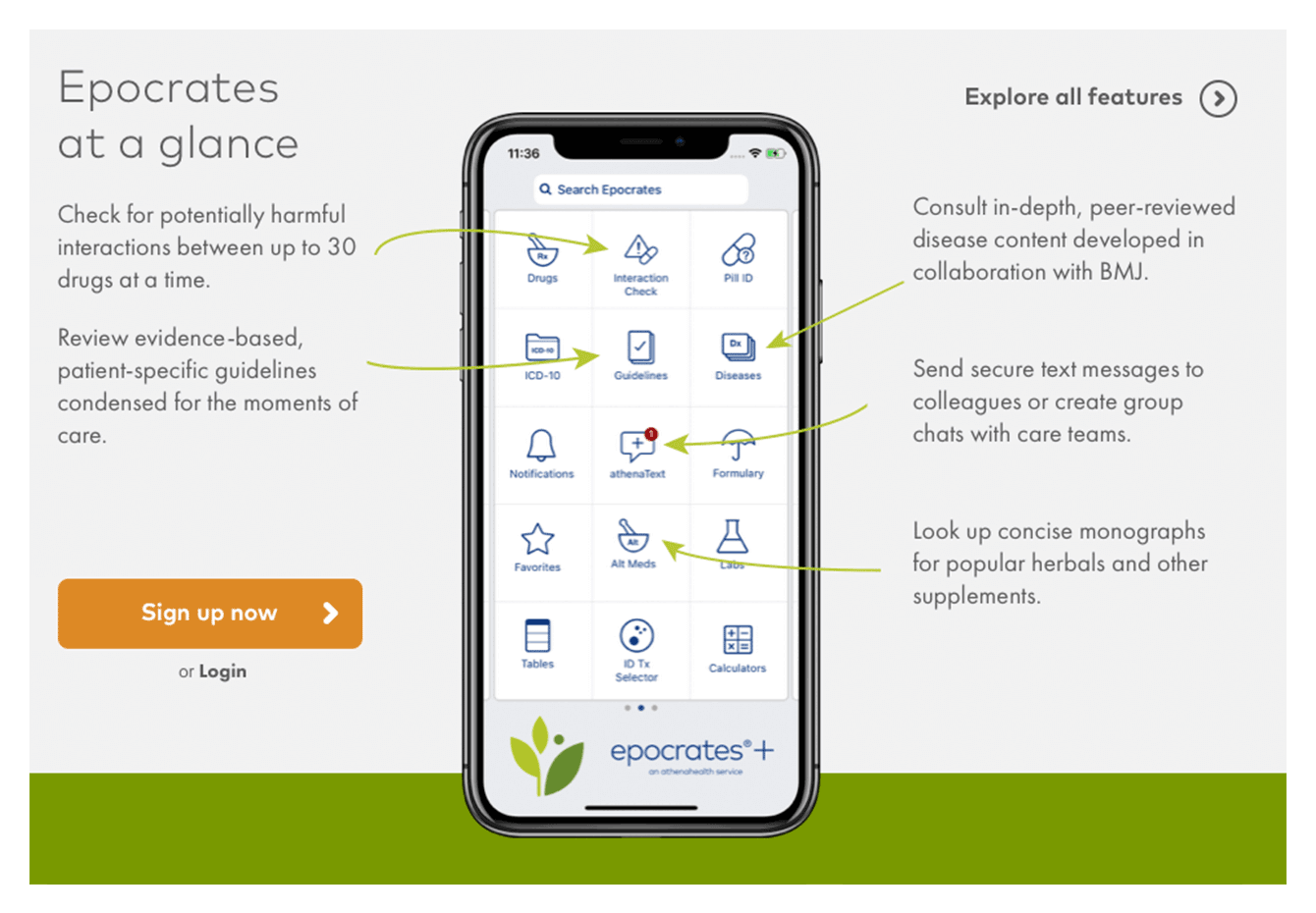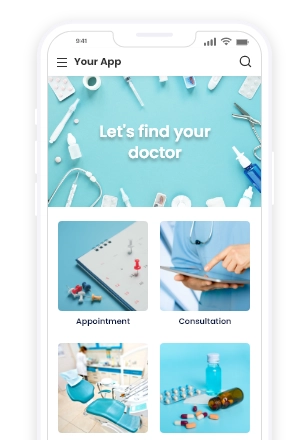The Future of Medical Care: Why Clinics Need a Mobile App Today
As the health care landscape proceeds to develop, clinics face placing pressure to adjust to person expectations for higher convenience and ease of access. The integration of mobile applications can serve as an essential approach for boosting patient interaction and simplifying procedures.
Changing Person Assumptions
As the landscape of medical care develops, person expectations are undertaking a considerable makeover. Today's people are progressively seeking comfort, ease of access, and individualized care.
Furthermore, individuals are becoming much more informed and encouraged, commonly researching therapies and conditions on-line prior to assessments. This increased recognition is paired with a need for transparency in health care procedures, consisting of price price quotes and therapy options. As a result, suppliers are urged to adjust by adopting digital tools that enhance the individual experience.
The assumption for effective and prompt interaction has actually never ever been greater, with several patients thinking about responsiveness a vital component of quality treatment. mobile app for clinics. In this developing landscape, health care organizations should identify these transforming assumptions and utilize mobile applications to promote a much more patient-centric method, guaranteeing that they not just satisfy however exceed the standards established by today's informed consumers
Enhancing Client Interaction

Mobile applications facilitate communication in between patients and doctor, allowing real-time visit organizing, reminders for medicine adherence, and straight messaging attributes. These capabilities not just boost benefit yet also develop a sense of accountability among patients. Mobile applications can supply instructional web content tailored to individual needs, helping clients better comprehend their conditions and treatment choices.
The assimilation of gamification aspects within health care apps can additionally inspire clients to participate in healthy actions, enhancing positive way of living modifications. By tracking development and gratifying success, clients are most likely to remain dedicated to their health goals. Ultimately, improving individual interaction through mobile applications brings about enhanced health and wellness end results, greater individual fulfillment, and a much more collective health care experience. Clinics that prioritize this aspect will likely see a substantial influence on the high quality of care supplied.
Enhancing Facility Procedures
Streamlining center procedures is important for improving workflow effectiveness and enhancing individual care. The execution of mobile applications can substantially reduce administrative concerns, enabling medical care providers to focus extra on individual communications. By automating visit organizing, person check-ins, and payment processes, clinics can lessen wait times and boost overall operational effectiveness.
Mobile apps also assist in real-time accessibility to patient records, allowing health care specialists to make educated choices quickly. This immediacy not just enhances the quality of treatment yet additionally reduces the probability of mistakes linked with lost or outdated info. In addition, leveraging mobile technology sustains an extra organized strategy to taking care of person follow-ups and therapy strategies, guaranteeing that no important actions are forgotten.
In addition, mobile apps can streamline supply monitoring by supplying centers with tools to monitor products and medications successfully. This permits timely replenishment and aids stay clear of disruptions in client care as a result of stock shortages. By incorporating these performances into their everyday procedures, clinics can develop a more natural and efficient atmosphere, inevitably causing improved patient end results and fulfillment. Welcoming mobile innovation is not simply a pattern; it is an essential development in the medical care landscape.
Improving Communication Channels
Efficient communication is often mentioned as a keystone of quality health care distribution. In today's fast-paced medical atmosphere, mobile applications can significantly improve interaction networks in between clinics, individuals, and health care suppliers. By incorporating mobile applications into their procedures, facilities can facilitate real-time communications, ensuring that people obtain timely info concerning their visits, test outcomes, and therapy strategies.
Mobile applications additionally empower people to interact directly with their health care groups with safe and secure messaging attributes. This straight line of communication promotes a feeling of content involvement and enables instant information of issues, which can lead to far better adherence to therapy protocols. Moreover, push notices can remind clients of upcoming consultations or medicine schedules, reducing no-show rates and improving total wellness outcomes.

Remaining Competitive in Health Care
In a swiftly developing medical care landscape, organizations need to focus on development and versatility to keep an affordable side. The integration of mobile applications right into healthcare services is no much longer optional; it is important for clinics intending to improve person interaction, improve procedures, and improve overall service shipment.
As people increasingly count on electronic systems for wellness management, clinics that stop working to embrace mobile modern technology threat falling back. A well-designed mobile app can provide functions such as consultation organizing, telemedicine assessments, and access to clinical documents, giving people with convenience and fostering loyalty.

Competitors are also purchasing Learn More Here mobile services, so remaining ahead requires continual improvement and remaining educated regarding technological developments. Facilities should not only carry out mobile applications but likewise participate in normal updates and refinements. Ultimately, the effective integration of mobile modern technology will identify forward-thinking healthcare companies and established the benchmark for patient-centric care in an electronic globe.
Final Thought
Finally, the combination of mobile applications in facilities is crucial to address the progressing landscape of person expectations. By improving person engagement, improving procedures, and boosting communication channels, centers can dramatically increase wellness end results. Furthermore, the fostering of mobile technology positions centers to continue to be affordable in an increasingly electronic medical care atmosphere. Ultimately, the critical application of mobile applications stands for a critical action towards supplying find more accessible and customized healthcare, thereby satisfying the demands of today's empowered people.
Eventually, enhancing patient involvement with mobile applications leads to improved health end results, higher client satisfaction, and an extra collective healthcare experience.Mobile apps also facilitate real-time accessibility to individual records, making it possible for medical care professionals to make enlightened choices quickly. In today's fast-paced clinical atmosphere, mobile applications can significantly boost communication networks between facilities, clients, and medical care suppliers.Mobile apps additionally equip people to communicate directly with their health care groups through secure messaging attributes. Ultimately, the critical application of mobile applications represents an important step towards delivering available and tailored health care, therefore fulfilling the requirements of today's empowered clients.
Comments on “Best Practices for Creating a Mobile App for Clinics That Fulfills Patient Demands”